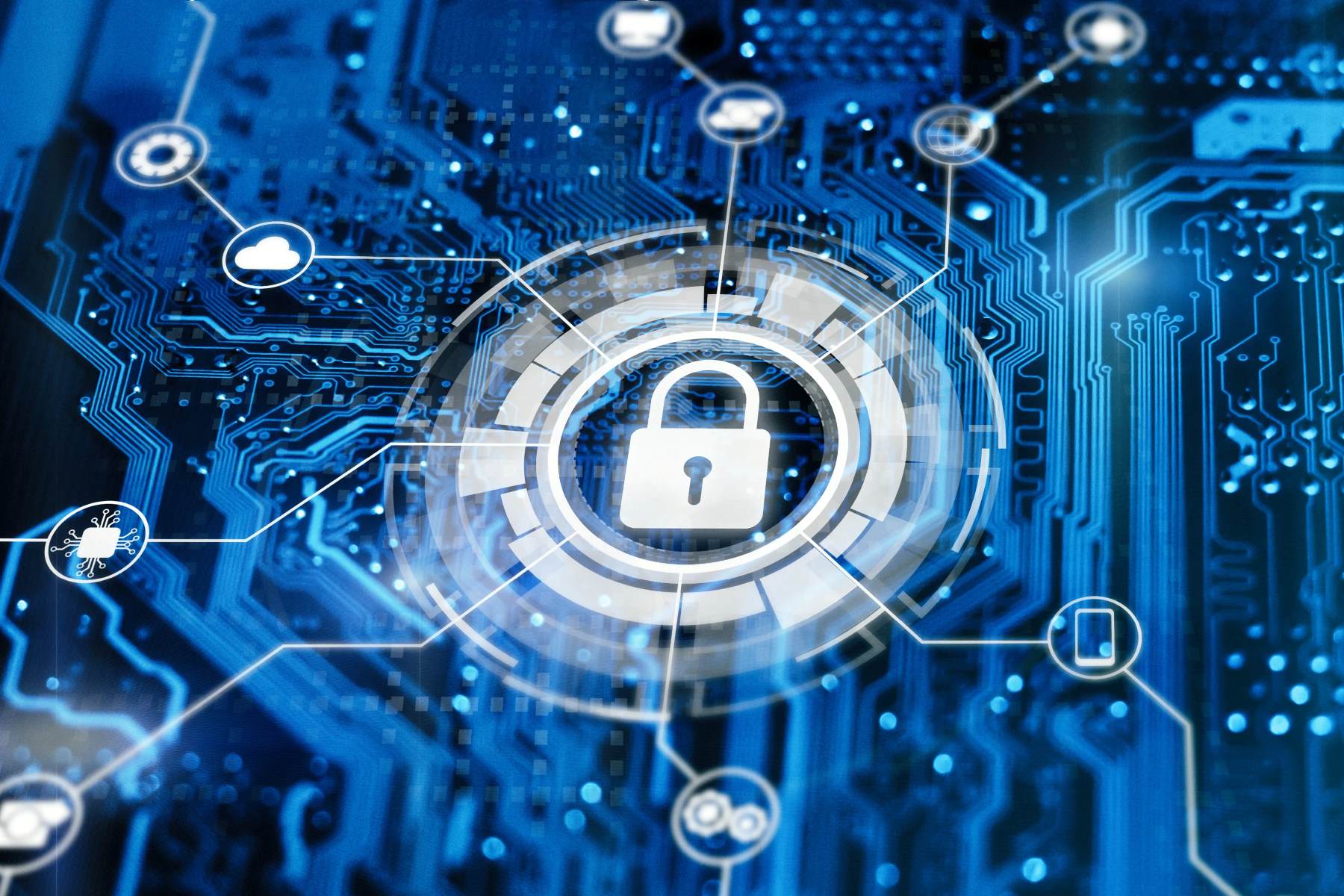
When it comes to the digital landscape, security is a topic that cannot be overlooked. In today’s interconnected world, where information is exchanged across various platforms and devices, protecting sensitive data has become paramount. Whether it’s safeguarding personal information, financial data, or intellectual property, understanding security measures is crucial for individuals and organizations alike.
Implementing strong measures like two-factor authentication and firewalls can enhance protection against unauthorized access. Solutions like Security Information and Event Management (SIEM) are essential for monitoring and responding to threats in real time, providing a comprehensive approach to digital security.
In this article, we will explore 10 fascinating facts about security that will shed light on the importance of implementing robust security measures. From the rising incidents of cyber attacks to the latest advancements in encryption technologies, these facts will provide you with valuable insights into the ever-evolving world of security.
Key Takeaways:
- Security measures like alarm systems, video surveillance, and firewalls are crucial for protecting homes and digital information from threats like burglaries and cyber attacks.
- Regular software updates and employee education play a key role in preventing security breaches and keeping sensitive information safe from unauthorized access.
An alarm system enhances home security.
An alarm system is a crucial component of home security. It provides protection against burglaries and intrusions by alerting homeowners and local authorities to potential threats.
Cybersecurity is essential in the digital age.
In today’s interconnected world, cybersecurity is paramount. With the increasing reliance on technology, protecting sensitive information from hackers and cyber threats has become a top priority.
Video surveillance deters criminal activity.
The presence of video surveillance cameras acts as a powerful deterrent against criminal activity. People are less likely to commit crimes if they know they are being monitored and recorded.
Two-factor authentication adds an extra layer of security.
Two-factor authentication, or 2FA, is a security measure that requires users to provide two forms of identification before gaining access to an account. It significantly reduces the risk of unauthorized access.
This form of multifactor authentication (MFA) significantly reduces the risk of unauthorized access. By combining something you know, such as a password, with something you have, like a mobile device, provides a strong defense against cyber threats of different kinds.
Firewalls safeguard against unauthorized access.
A firewall is a security device that protects computer networks from external threats by analyzing and filtering incoming and outgoing network traffic. It plays a vital role in preventing unauthorized access to sensitive data.
Physical barriers such as fences enhance perimeter security.
Physical barriers, such as fences and gates, help to establish a secure perimeter around a property. They act as a deterrent and make it more difficult for intruders to gain access.
Regular software updates are crucial for maintaining security.
Software updates often include patches and fixes for security vulnerabilities. Regularly updating software on computers, smartphones, and other devices is essential for minimizing the risk of cyber attacks.
Employee education is key to preventing security breaches.
Providing comprehensive security training to employees is vital in preventing security breaches. Educating staff on best practices, such as creating strong passwords and recognizing phishing attempts, helps to minimize risks.
Data encryption ensures sensitive information remains secure.
Data encryption converts sensitive information into unreadable code, making it inaccessible to unauthorized users. It is a crucial security measure for protecting confidential data, especially when it is being transmitted over networks.
Physical security measures are essential for protecting valuables.
Physical security measures, such as safes, locks, and security cameras, are vital for safeguarding valuables. These measures provide an additional layer of security against theft or unauthorized access.
Conclusion
In conclusion, security is a critical aspect of our lives and should never be taken lightly. These 10 facts highlight the importance of staying vigilant and taking proactive measures to protect ourselves and our assets. From the impact of cyber threats to the importance of physical security, these facts underscore the need to stay informed and take necessary precautions. By understanding the various aspects of security and implementing robust security measures, we can create a safer environment for ourselves and those around us.
FAQs
Q: Why is security important?
A: Security is important as it helps prevent unauthorized access, protect sensitive information, and safeguard individuals and their assets from potential threats and harm.
Q: How do I improve my online security?
A: To improve online security, you can use strong passwords, enable two-factor authentication, keep your software and devices updated, and exercise caution when clicking on unfamiliar links or downloading files.
Q: What is the role of physical security?
A: Physical security refers to measures taken to protect physical assets and individuals from unauthorized access, theft, vandalism, or any other physical harm.
Q: How can I protect my personal information?
A: You can protect your personal information by being cautious about sharing it online, using secure and encrypted connections, regularly monitoring your accounts, and using reputable security software.
Q: What are common cyber threats?
A: Common cyber threats include malware, phishing attacks, ransomware, social engineering, and identity theft.
Q: How can I protect myself from identity theft?
A: To protect yourself from identity theft, you should safeguard your personal information, use secure passwords, regularly monitor your financial accounts, and be cautious about sharing personal details online.
Q: What is the role of encryption in security?
A: Encryption plays a crucial role in security by converting information into a coded form that can only be deciphered with a specific key, making it difficult for unauthorized individuals to access or understand the data.
Q: How does security affect businesses?
A: Security is essential for businesses as it helps protect customer data, prevents data breaches, safeguards intellectual property, and ensures business continuity.
Q: What is the importance of employee training in security?
A: Employee training is crucial in security as it helps create a security-conscious culture, educates employees about potential threats, teaches them safe practices, and enhances the overall security posture of an organization.
Q: What should I do if I suspect a security breach?
A: If you suspect a security breach, you should immediately report it to the appropriate authorities or your organization’s security team, change passwords, and take necessary steps to mitigate the impact of the breach.
Staying secure in today’s world requires vigilance and knowledge. While alarm systems, cybersecurity measures, and physical barriers help protect our homes and businesses, there’s always more to learn. Curious about what security consultants do to keep people safe? Want to find the perfect security key for your needs? Interested in how a bank ensures its customers’ financial security? Keep reading to satisfy your curiosity and expand your understanding of security in all its forms.
Was this page helpful?
Our commitment to delivering trustworthy and engaging content is at the heart of what we do. Each fact on our site is contributed by real users like you, bringing a wealth of diverse insights and information. To ensure the highest standards of accuracy and reliability, our dedicated editors meticulously review each submission. This process guarantees that the facts we share are not only fascinating but also credible. Trust in our commitment to quality and authenticity as you explore and learn with us.


